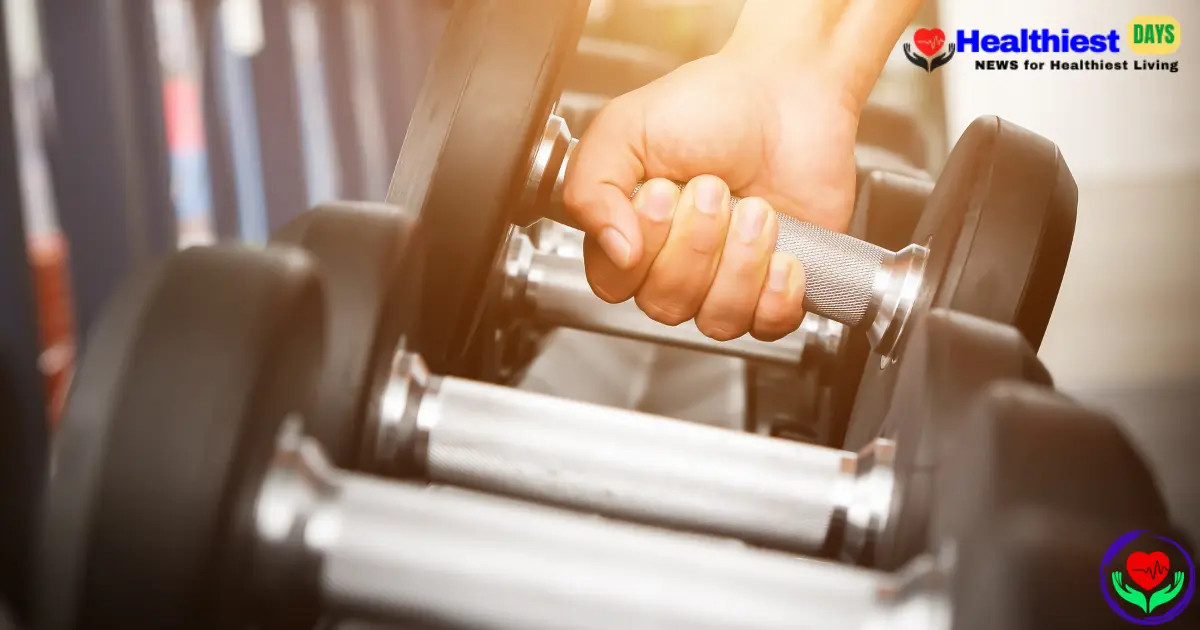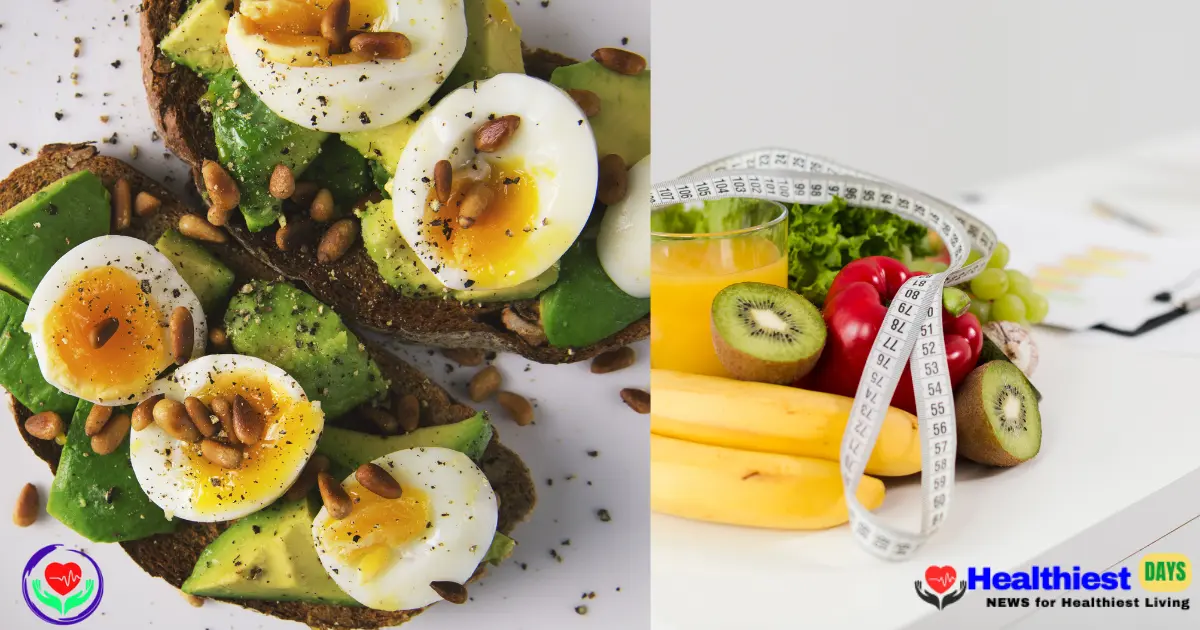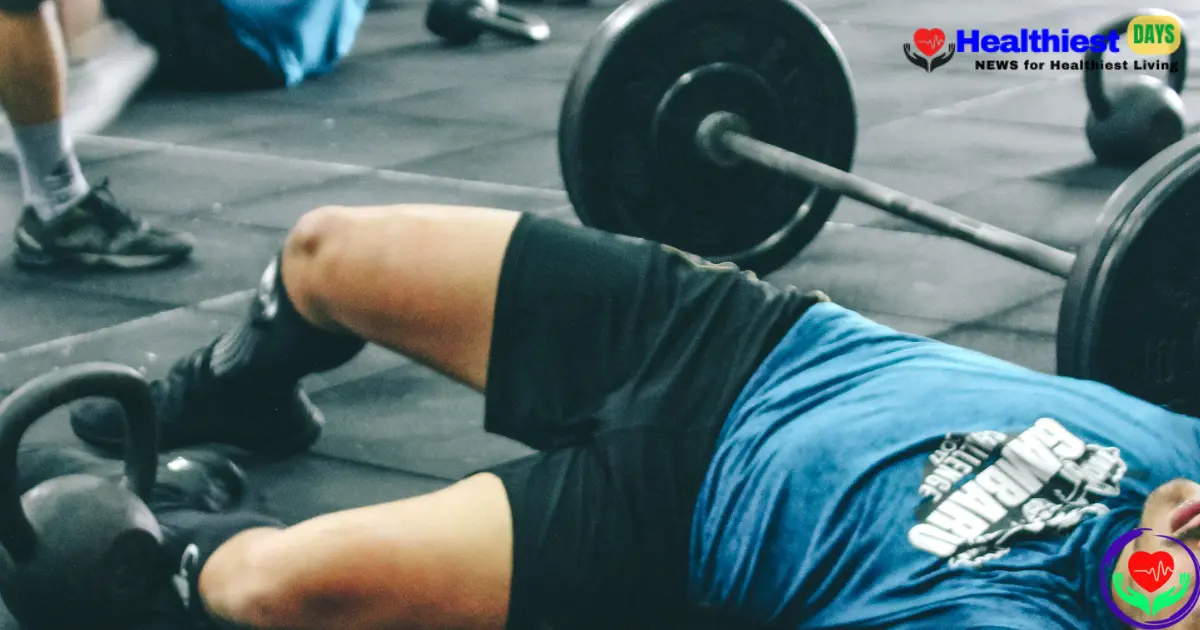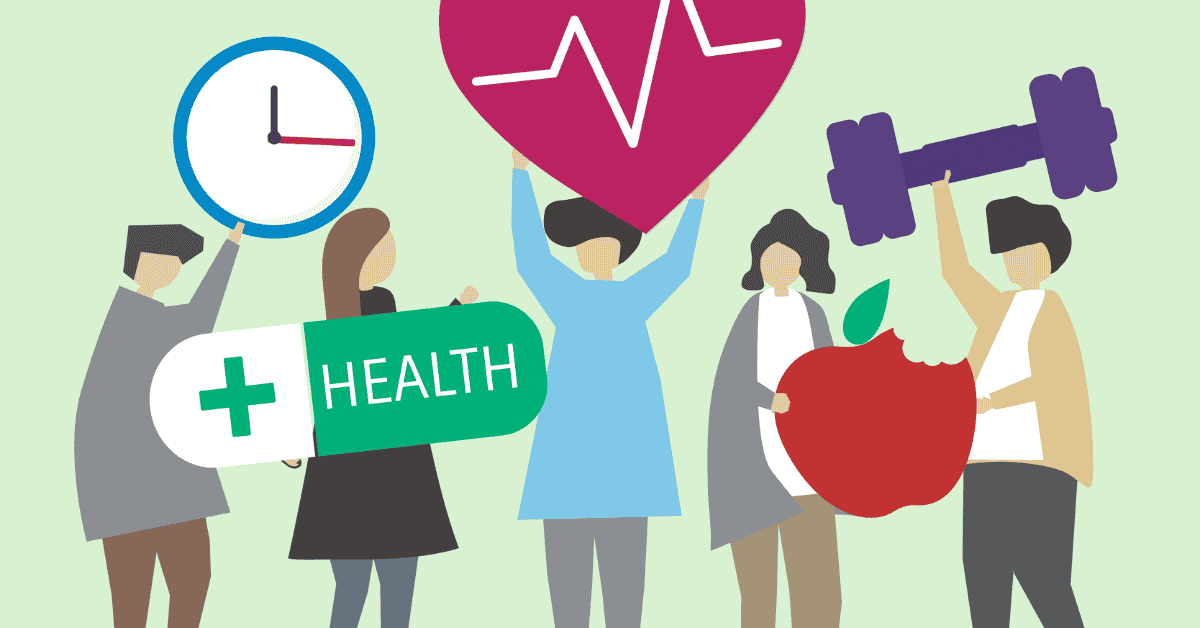Beat Exercise Sleepiness Naturally
Introduction: Discovering the Facts Behind Exercising Sleepiness?
Are you facing the same scenario of exercise sleepiness? Do not worry; you are not alone. After a workout, your body should feel refreshed. Instead of this, your body starts begging for a nap. Our blog will uncover those science-based facts that will open up essential facts about the puzzling world of exercise sleepiness.
It has become a common phenomenon across the various states of the USA, where most of the people have misunderstood the side effects of physical activity. On the other hand, regular exercise should boost your energy levels. Many people, especially beginners or those who have been struggling to change their workout routine, have reported frequent excessive drowsiness after the gym or exercise workout.

We have great news for you: In this blog, there will be authentic discussion in which we will explore 9 science-backed fixers to keep you energized. Our blogs have a global reputation for natural healing to mitigate harmful impacts of exercise sleepiness.
Our motive is to keep you healthy without side effects.
1. Hydrate Yourself Before, During, and After Exercise
Dehydration is a process that is directly attached to post-workout fatigue. Even slightly larger amounts of fluid loss can lead to brain fog, sluggishness, and reduced performance of your body by reducing energy demands of your body. To prevent exercise sleepiness, aim to drink according to the following important facts:
- Dermatologist experts recommend 16 oz. of water 1–2 hours before working out
- It is professional fact that 7–10 oz. every 15 minutes during your workout
- It is importantly suggested to maintain 16–24 oz. post-exercise to replenish lost fluids
There is a need to add electrolytes (potassium, magnesium, and sodium) if you sweat heavily or do intense cardio. Coconut water is a natural alternative blessing for your body.
2. Fuel Up With the Right before-Workout Snack
For any kind of workout schedule, you need some extra care for your body. A balanced diet, dried fruits, and natural seasonal fruits are the main sources of energy to enliven the momentum of your body.
On the other side, working out on an empty stomach can bring serious destruction while properly dropping in blood sugar. It becomes a clear threat that can surely lead to fatigue and lightheadedness.
Dermatologists in the USA scientifically recommend eating a balanced snack 30–60 minutes before exercising. On expert count, one can try the given options:
- Try to include a banana with almond butter in your diet regularly.
- Greek yogurt with berries provides sufficient energy for an extra workout.
- A slice of whole-grain toast with peanut butter contains maximum energy counts to fight in the difficult times when it demands energy, and it is also helpful to minimize the effects of exercise sleepiness.
It is also suggested to avoid high-sugar foods; they lead to energy crashes.

3. Don’t Skip Post-Workout Nutrition for Natural Healing of Your Body
After you train your body in a routine-based workout, your body craves nutrients to repair and refuel your energy demands. Skipping a post-workout meal, your body considers it as a crime because it has a connectivity to perform linked actions within your body cells. They can make exercise sleepiness worse. Within the time limit of 45 minutes of finishing your workout, eat a protein-carb combo including such things as
- A protein shake with oats has enough energy to support your body.
- Grilled chicken with brown rice is the best source of protein and carbohydrates.
- Eggs are the source of proteins, and whole-grain toast contains sufficient amounts of carbohydrates.
This helps stabilize blood sugar and prevent sleeping drowsiness.
Interestingly, carbohydrates are the instant source of energy, which is the quickest ingredient to meet energy deficiencies in your body.
4. Balance Your Sleep and Workout Schedule
Are you sacrificing your sleep for morning workouts? If you’re running on a situation of 5 hours-sleep and hitting the gym, fatigue becomes inevitable for such kinds of routines. Adults (more than 18 years of age) need 7–9 hours of quality sleep per night in order to meet their energy demands in an apple pie order. Consider the following situations:
- If you fell shifting intense workouts to days when you’re well-rested, it has multiple advantages for managing exercise sleepiness.
- Swapping morning workouts for lunchtime or early evening sessions also recovers the energy of your body.
Shortly, more sleep promises better recovery and alertness by reducing the impacts of exercise sleepiness.
5. Avoid Over-training and Watch for Burnout
It is wisely said that too much of a good thing can be harmful. Overtraining syndrome (OTS) has the potential to cause the following issues:
- Leading persistent fatigue
- Decreased performance of your body
- Insomnia and mood swings altering your body strength
If you still feel tired after every workout, cut back on intensity or schedule or, preferably, select more rest days. It also prioritizes active recovery like yoga or walking.
6. Add a Cool-Down to End Your Workout
Skipping a cool-down during an extensive routine of workouts may leave your nervous system overstimulated by making you feel drained and mentally upset. It may also include
- 5 minutes of light cardio (walking, cycling) adds a perfect cool-down.
- Stretching major muscle groups also adds the same.
- Deep breathing exercises promise a better ending to your workout.
Cooling down gradually returns your body to a restful state, preventing a crash within your body.
7. Step Outside for Fresh Air and Natural Light
Sunlight boosts serotonin levels within your body, and it also tells your brain that it is daytime, so there is no need to take a nap instantly. After working out, you are recommended by the dermatologists to consider the following tips:
- You must go for taking a short walk outdoors
- There is anotheroption to go for stretching on your balcony or backyard.
Natural light helps to reset your circadian rhythm and lifts energy levels.
8. Try to Adapt Generic Herbs for Natural Energy
Herbs like Ashwagandha, Rhodiola, and Ginseng are those essentials that help your body adapt to stress and support adrenal function. It is a factor in reducing exercise-induced fatigue.
Remember, always consult your doctor before starting new supplements.
Choose high-quality, third-party-tested products only to end excessive sleepiness naturally.
9. Practice Breath-work or Cold Showers Post-Workout
Here, we understand the importance of breathing techniques like box breathing (inhale for 4, hold 4, exhale 4, hold 4) to stimulate alertness. Cold showers post-exercise may also include:
- Increase circulation rate of your body
- Boost dopamine concentrations
- Sharpen focus on the right things
Try a 30-second cold rinse after your regular shower, as it has the capacity to work wonders excellently. Need More!
FAQs About Exercise Sleepiness:
Q1: Is it bad to feel sleepy after exercising?
No, it is not necessarily at all. Mild drowsiness can result in different forms of physical exertion, but excessive fatigue may signal dehydration, low nutrition, or overtraining.
Q2: Should I nap after the gym?
Short naps along with a range of (15–20 minutes) are fine, but the long naps may interfere with nighttime sleep. Focus on hydration and nutrition first.
Q3: Does exercise help with sleep at night?
Indeed, Moderate workouts not only improve sleep quality, but they also avoid intense training within 2–3 hours of bedtime.
Q4: Can certain workouts have chances to make you more tired than others?
Yes, high-intensity or long-duration workouts (like HIIT or long-distance running) have chances to drain more energy from your body, especially without proper rest, hydration, or nutrition.
Q5: How can I tell if my fatigue is due to overtraining?
If you’re constantly tired and still experiencing sleep disturbances, mood swings, or declining performance despite regular workouts, then you may be overtraining at various rates. Rest days and balanced nutrition are keys to ending exercise sleepiness.








